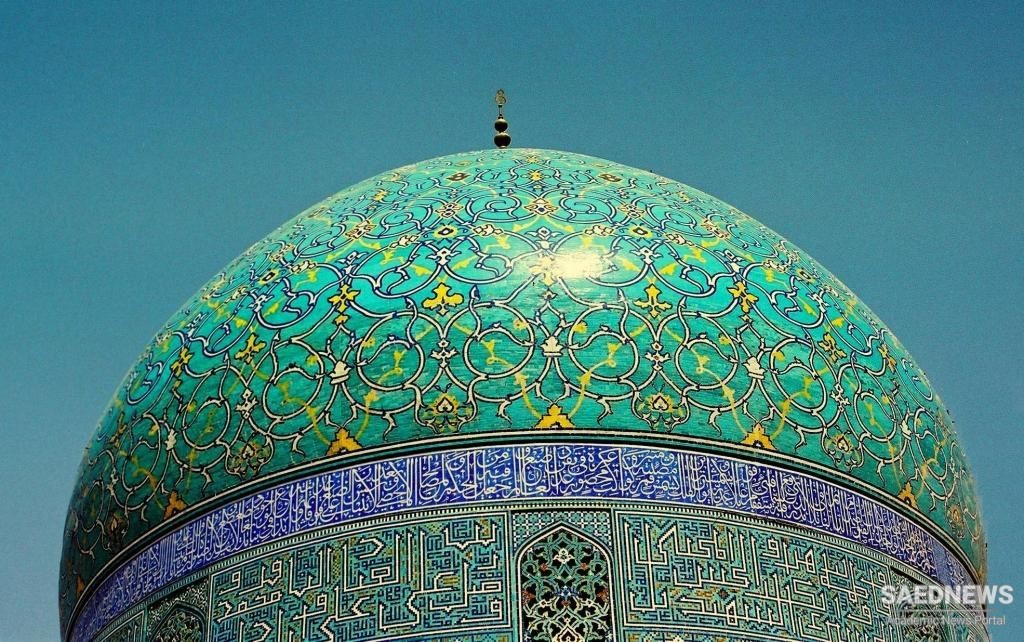To a great extent Persia moulded Islam into a religion suitable for its own needs. The Persian national spirit asserted itself independently and successfully in the Khārijite and Shiʿite communities of this country, and later in its brand of mysticism, even though these religious movements were not genuinely Persian. On the other hand, Mesopotamia, Syria, Palestine, Egypt, and largely also North Africa gave up their languages, despite the fact that these tongues went back to languages of the civilised world which had millennia of history behind them, as was the case with Aramaic and Coptic. Even the Christians in these areas came to speak the language of the Muslim conquerors after a few centuries. But this was not so in Persia. Even as a Muslim country it retained its language and managed to preserve it through years of Arab supremacy, with the result that finally it was able to usher in, with Firdawsi, an era of literary New Persian, to which the world owes many an immortal piece of literature (Source: Iran in Early Islamic Era).


 Persian Reception of Islam: Beginning of a Cultural Construction
Persian Reception of Islam: Beginning of a Cultural Construction














































